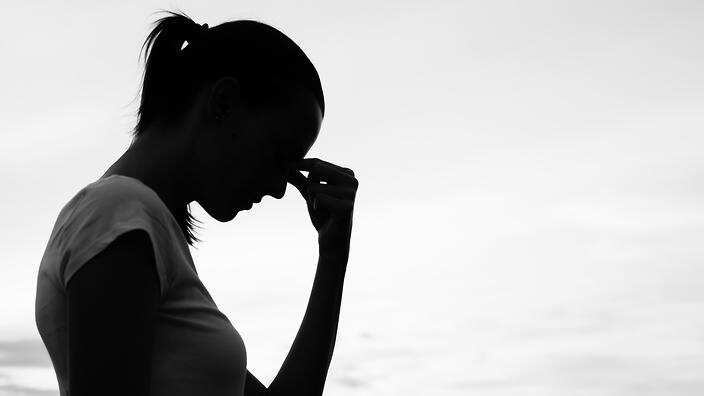Jean Paul Samputu lost his entire family in the Rwandan genocide after they were murdered by a childhood friend.
"I was dead when I learnt Vincent killed my father - I was walking but like a dead person walking - I started drink every day and drugs," Mr Samputu said, as reported by SBS News.
Most would understand if Samputu chose never to forgive Vincent - but he found a way past his anger.
"Your real enemy is your anger, your resentment, your desire of revenge - that's your enemy - your enemy is not the other one who hurt you - no!" he said.
"We [Vincent and I] embrace each other and I was very happy and I said ‘I made it, I am free again’ - now I'm happy I'm healed I'm ready to forgive and now I can sing about joy.”
But not everyone has it in their heart to forgive, and should they even have to?

Is forgiveness the answer to moving forward?
Ruby Hamad, a writer and Phd candidate at the University of New South Wales, believes forgiveness is not a prerequisite for healing.
“A survivor who harbours resentment or anger or even loathing for the ones who harmed them is not morally defective, nor is it a reflection of whether they have adequately “dealt” with their abuse,” she wrote in an article for SBS Life.
Jeanne Safer, a US-based psychologist and author of 'Forgiving and Not Forgiving’, told Insight there's no one-size-fits-all solution.
If you are not able to do what Samputu did, Safer believes there is still a way to heal, without having to forgive.
“The first thing to do is to try to understand what happened, how you feel, try to understand what was going on with the other person. Then, to me, the anger abates naturally. You don't have to make it happen. You don't have to engineer forgiveness.”
“We shouldn't make people feel guilty on top of being betrayed or damaged if they don't forgive.”
Insight is Australia's leading forum for debate and powerful first-person stories offering a unique perspective on the way we live. Read more about Insight
Have a story or comment? Contact Us


